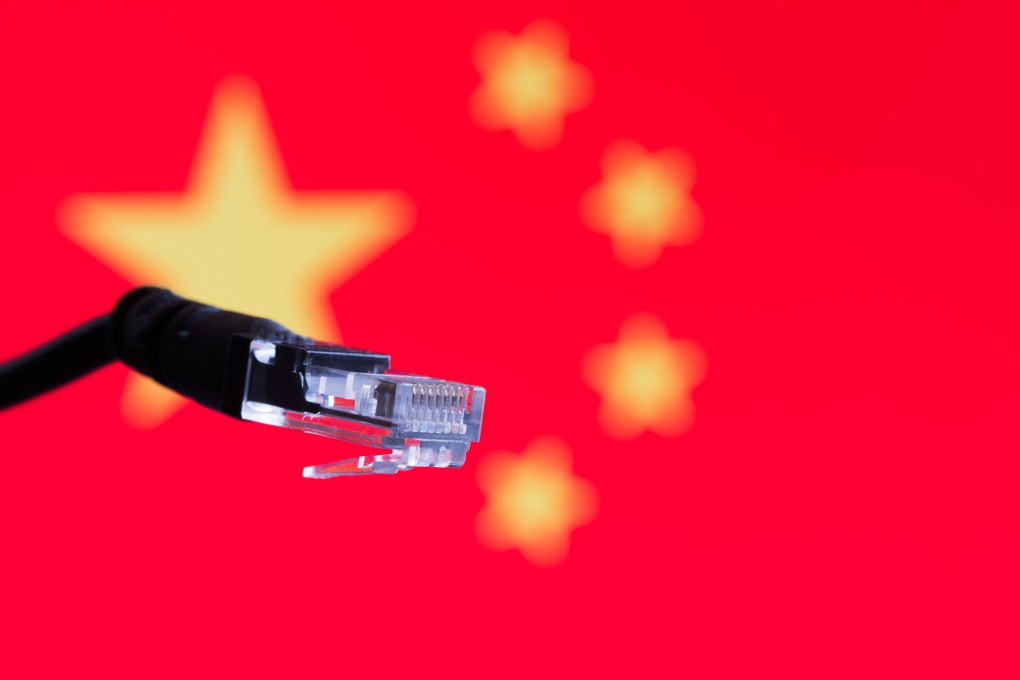Beijing updates internet regulation to include a wide swathe of services, fake news and fraud
- A comprehensive update to China’s internet services regulation details the services covered and banned activities
- Usage of search engines, instant messaging, online payments and more could violate the law even if conducted from overseas servers

China is making a comprehensive upgrade to its internet services regulation, giving the 20-year-old rules teeth as Beijing authorities seek to crack down on harmful online activities and fake news.
The Cyberspace Administration of China published on Friday a draft of the updated version of its Regulation on Internet Information Service to solicit public feedback – a step that means the current rules will soon be replaced. Premier Zhu Rongji enacted the original regulation in September 2000, when the country’s internet services were very limited and China was not yet a member at the World Trade Organization.
The draft, which accepts public feedback until February 7, is designed to “ensure the healthy and orderly development of internet information services”, as well as “maintain national security and public interest”, according to the cyberspace administration.
“The updated regulation responds to the current prominent problems on the internet, such as internet fraud, online financial information dissemination and so on,” said You Yunting, senior partner at Shanghai Debund Law Offices. “It has made targeted updates to clarify the responsibilities of internet service providers.”

02:33
How China censors the internet
Some of the new rules lay out principles rather than details, You noted, which could make them challenging to implement. “Although this draft is more detailed than the original regulation and added a lot of punitive content, it is still essentially a regulation of ideological supervision,” he said.